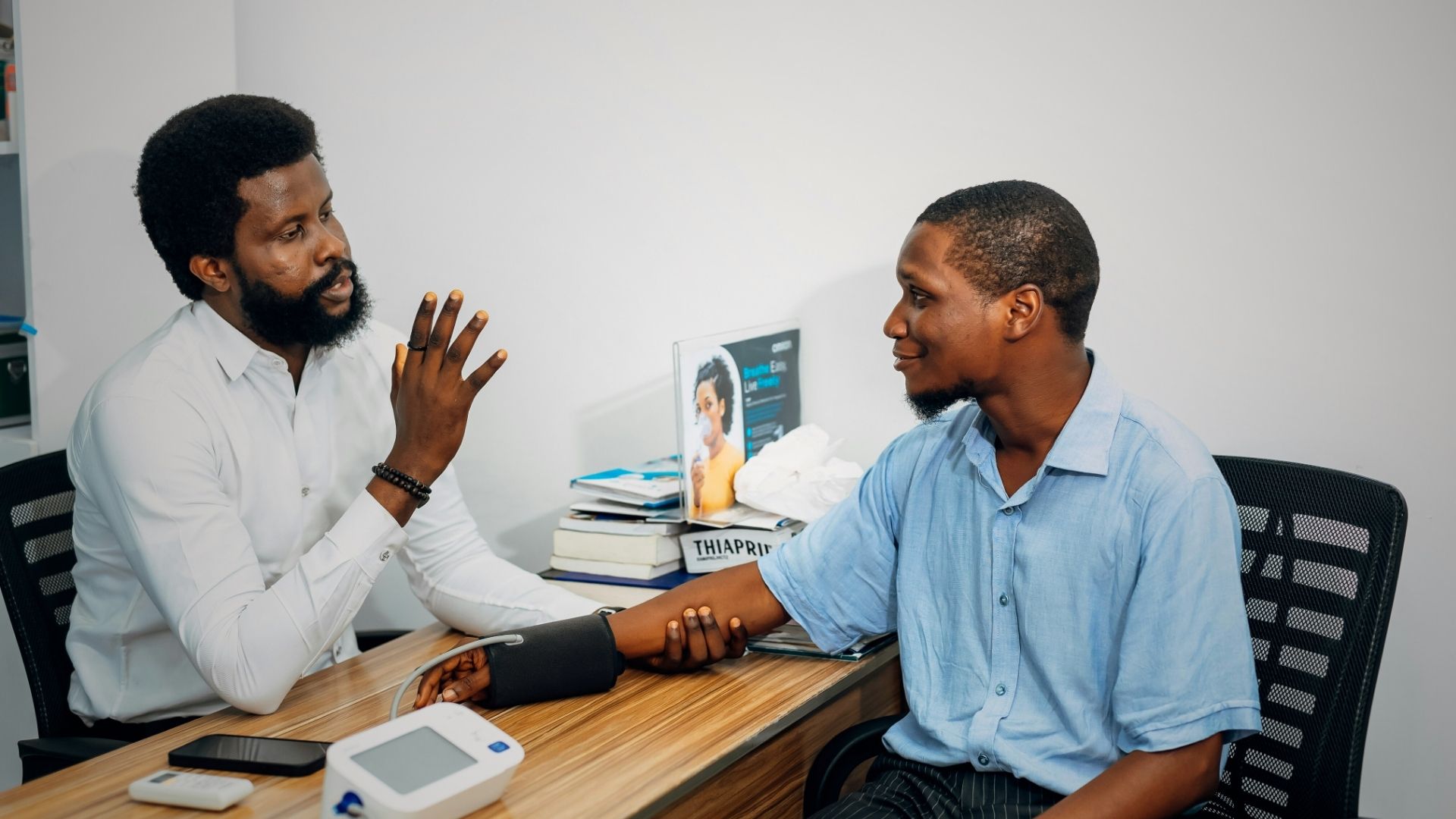In a world flooded with wellness influencers and content creators who often offer conflicting advice, making sound medical choices becomes murky and difficult.
Health advice on podcasts, YouTube and social media is everywhere: “celery juice is good for immunity, sugar causes cancer, collagen for glowing skin, fasting for weight loss, statins are poison”; wellness and health commentary is loud, persuasive — and too often wrong. And it’s not just confusing, it’s also dangerous.
Read: Why do we fall for wellness scams? Our cultural biases and myths are often to blame
Caught between the seductive appeal of “natural” feel-good alternatives and the impersonal authority of science, it’s hard to know who to trust. The lines blur easily.
So, who do people usually turn to for sound advice on health?
Belief vs science: Why emotion often wins
According to Professor Kevin Behrens, director at the Steve Biko Centre for Bioethics, the answer often depends on what people already believe. Those who value scientific positivism and empiricism may insist that only peer-reviewed, mainstream research is worth listening to.
Others, more sceptical of the scientific establishment, might advocate for a broader openness to alternative or traditional therapies.
Professor Sue Goldstein, managing director of the South African Medical Research Council (SAMRC), says belief systems — shaped by our social circles and favourite online personalities — often contradict hard science.
“Would you take advice from someone at your gym over a trained doctor?” she asks, “Even when science says otherwise?” Goldstein warns that anecdotal stories, even from trusted influencers, are not the same as peer-reviewed studies based on repeatable trials.
And the stakes are high.
Public figures like Elon Musk and Donald Trump have amplified medical misinformation, leading to scepticism and mistrust.
More recently, Trump’s decision to cut federal aid to leading medical research institutions, for instance, threatens to slow down discoveries in cancer, Alzheimer’s, and infectious diseases; Goldstein says that “this isn’t just bad policy — it’s a reckless gamble with global health”. With fewer trusted scientific voices and of course, resources, such cuts are also likely to fuel the spread of disinformation, leaving a vacuum for conspiracy theories to thrive.
Anti-science age
Professor Guy Richard, Emeritus Professor of Critical Care and Pulmonology at the University of the Witwatersrand (Wits), says we’re living in an anti-science age.
“It’s become nearly impossible to convince patients of basic facts,” he says. For example, despite clear evidence many people still reject the flu vaccine, believing it will make them sick. Richard adds that while the idea that vitamin supplements or IV drips can “boost” your immune system is one of the most persistent health myths, these treatments are largely ineffective unless you have a diagnosed deficiency — and in some cases, they can even be harmful.
He says the only proven way to boost immunity is through vaccines, and points to the measles mumps and rubella (MMR) vaccine scare as an example. It’s based on a now-debunked 1998 study. To this day, the damage lingers, with vaccine hesitancy causing measles outbreaks globally. In fact, the World Health Organization (WHO) has even listed vaccine hesitancy as one of the top 10 threats to global health.
Dr Andy Gray, senior lecturer at the University of KwaZulu-Natal and co-director for the WHO Centre for Pharmaceutical Policy, says many opt for unproven treatments because they mistrust “Big pharma”.
In addition, social media thrives on personal anecdotes that are persuasive but lack any scientific backing.
“People cherry-pick information they trust. Pharmaceutical companies have flaws, but they also fund the trials that bring life-saving drugs and vaccines to market,” he explains.
He notes that political mistrust also made people more doubtful about vaccines. Some groups and professionals share false information about the efficacy and safety of vaccines, which leads to more people being hesitant to get vaccinated.
Another bugbear Gray has is that some people believe “natural” is “safer”. Take homeopathy — widely used, yet consistently proven ineffective beyond the placebo effect. He explains that many modern drugs are plant-based too, but they’re scientifically tested, reviewed, and dosed for safety. Natural products with no oversight can be dangerous, especially for serious illnesses.
Where should you turn?
The experts agree that one should stick to sources backed by science.
These include the World Health Organization (WHO), Centres for Disease Control and Prevention (CDC), research centres at academic hospitals like Mayo Clinic and Johns Hopkins and the Cancer Association of South Africa (Cansa).
Goldstein says it best: “No treatment is 100% foolproof. It’s about weighing up the risks against the benefits. If overwhelming research concludes a treatment is effective and safe, why follow the alternative view?
“Be sceptical — yes — but don’t throw out science in favour of celebrity-endorsed shortcuts.” DM
If you wish to comment on this issue, please send an email to letters@dailymaverick.co.za
Letters will be edited.




